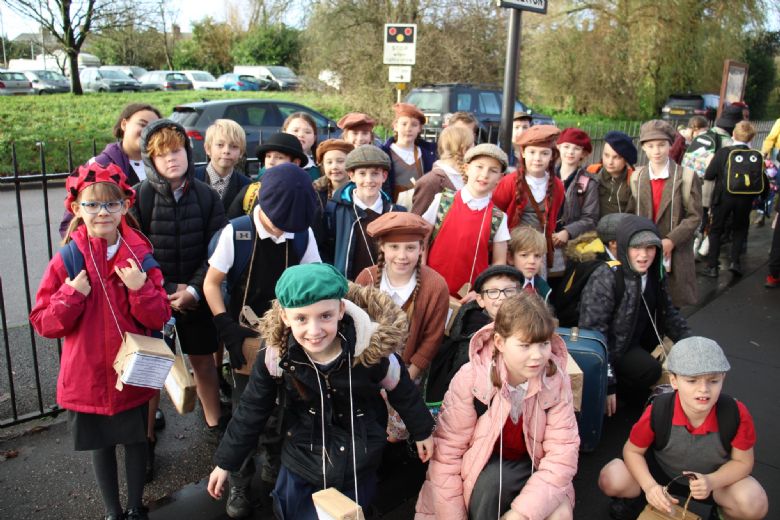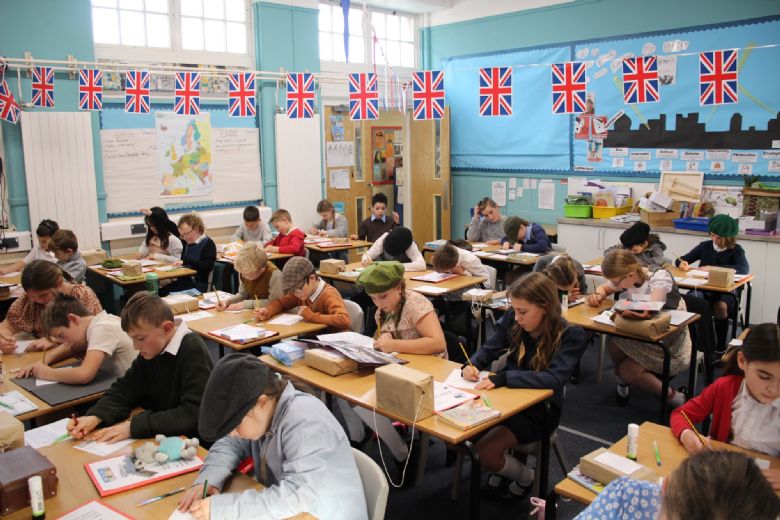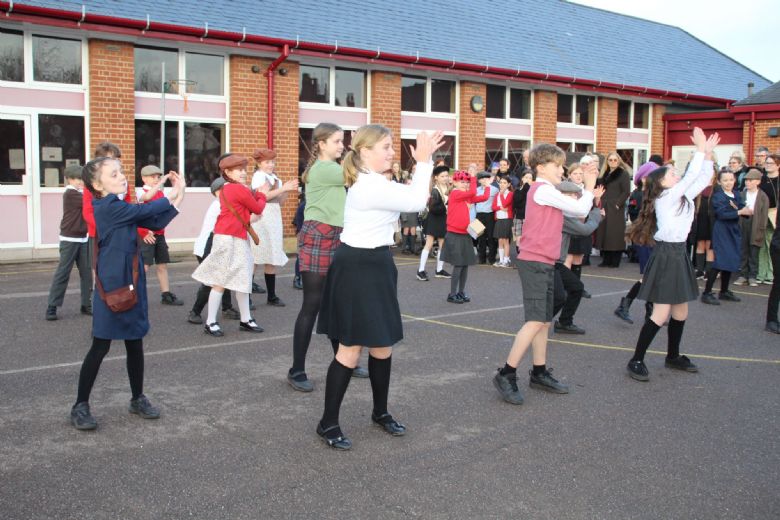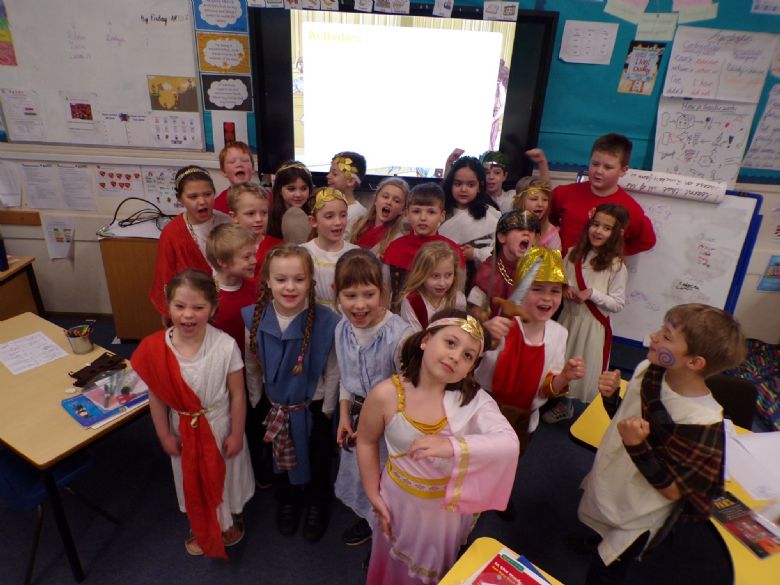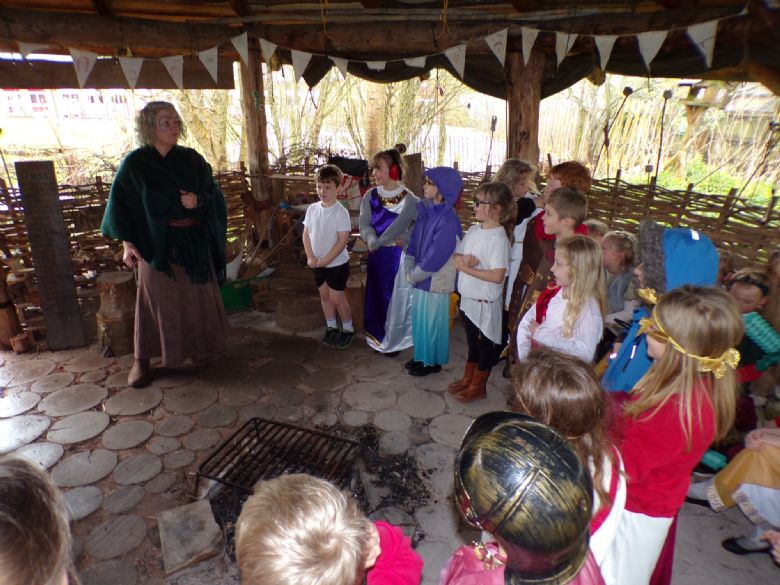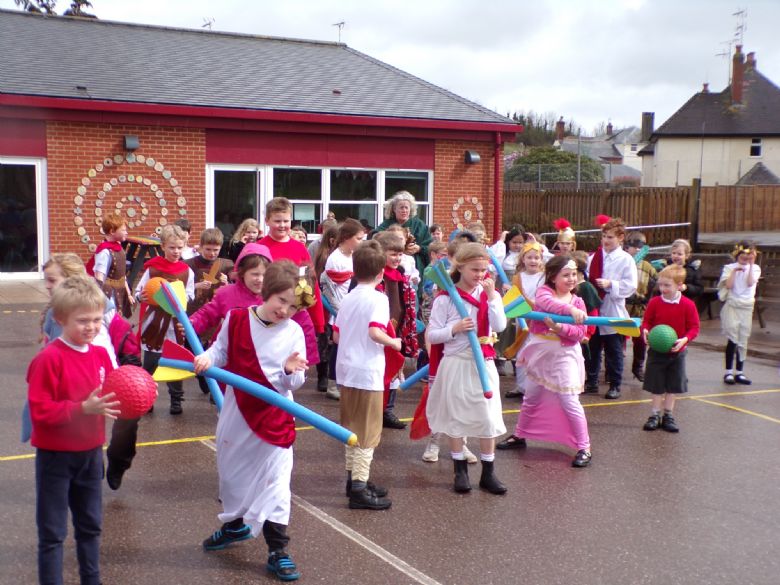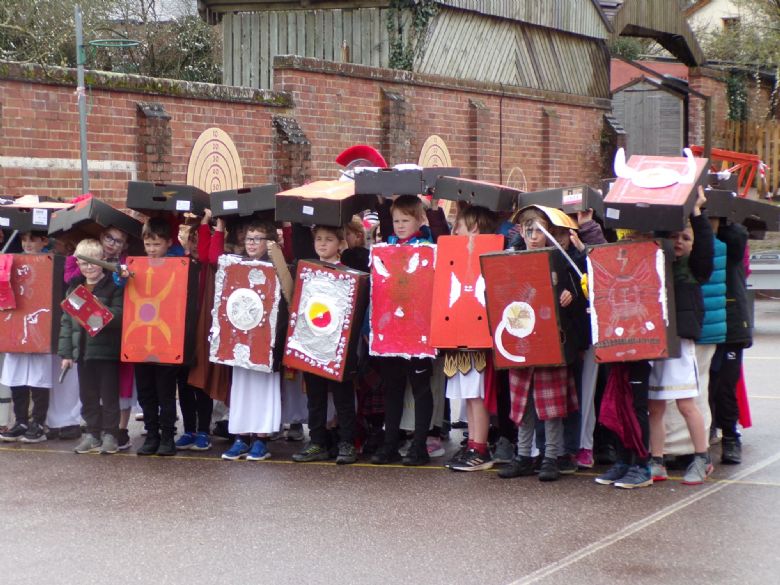History
At Hayward’s, we inspire curiosity and fascination in children about the past both in Britain and the wider world. We want our children to become aware of how significant individuals changed the world, and their knowledge of the world around them will broaden as they learn about the impact these diverse people and events had on the world we know today. This will be achieved through the curriculum objectives: developing a chronologically and secure knowledge and understanding of British, local and world history, supporting the children in making connections, contrasting trends over time, and developing an historical vocabulary with which to express their understanding.
We ensure that children are inquisitive and become life-long historians who can ask questions and develop a critical awareness of history. Throughout their time at Hayward's, all children will be encouraged to devise questions about change, cause, similarity and difference, and historical significance of key events or people. They will begin to understand how the past is constructed from a range of sources, and begin to raise their own enquiry questions. We hope that at Hayward's History will help the children to understand the complexity of people’s lives, the process of change, the diversity of societies and relationships between different groups, as well as their own identity and the challenges of their time.
OUR INTENT:
-
At Hayward’s, we want our children to be interested and excited in the wider world and what has gone on before to shape it.
-
We want them to be able to reflect on Britain’s past and that of the world so that they can consider the impact it has on our views in the modern day.
-
We want our children to be able to analyse a range of sources and consider potential inaccuracies or bias to help them to form a rational judgement.
-
We want our children to feel confident in challenging arguments and developing their own perspectives and judgements.
-
We want our children to be exposed to a range of artefacts and feel confident to ask questions that will further their understanding.
-
We want our children to develop sensitivity and empathy for events throughout history. We want them to consider how historical events affected (and affect) people from all walks of life.
-
We want our children to experience exciting trips that will make the past tangible.
-
We want our children to understand the relevance of chronology and be able to place key periods on a timeline. We want our children to be able to confidently talk about periods of history and where they lie in relation to each other.
-
We want our children to discover how cultural, scientific and political understandings have evolved over time. We want them to understand historical concepts such as continuity and change, cause and consequence, similarity, difference and significance and use them to make connections, pose questions and create written and verbal outputs to express their thinking.
-
We want our children to have a secure understanding of key historical terms (e.g. empire, civilisation, parliament and peasantry) and develop a bank of vocabulary linked to the historical periods they are studying.
-
We want our children to identify key concepts throughout history (e.g. persecution, equality, immigration) and be able to draw links accordingly between different events in history.
Challenge Curriculum Outcomes
Key Stage One: Famous for More than Five Minutes
The children worked in groups to produce a factfile of a famous person of their choosing. Children worked with their classmates to consider how they would present their information in order for it to be included in a museum. It was brilliant to see so many families attending and to see the high-quality work that was on display. A brilliant outcome for the children in Year 1 and 2.
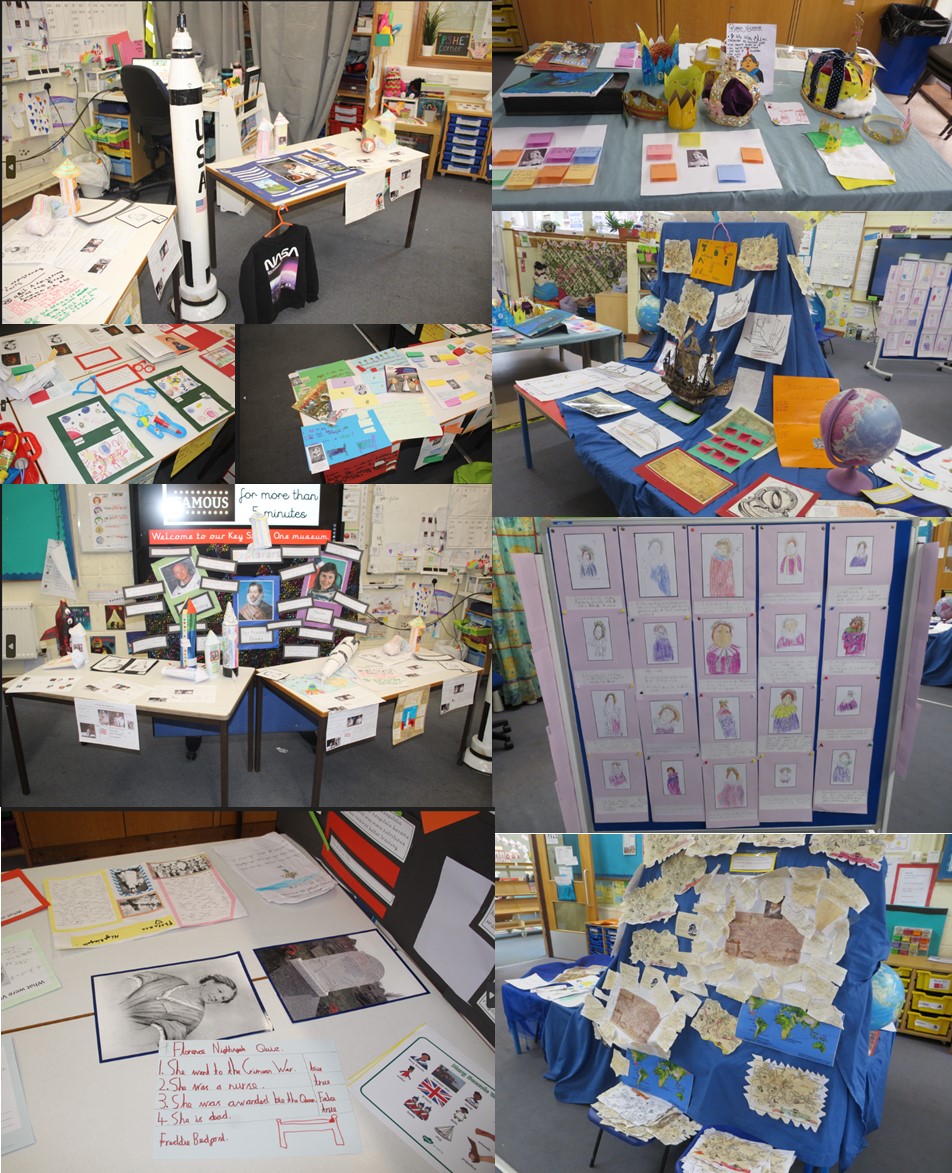
Upper Key stage 2: WW2 end-of-unit VE day celebration
The children in Year 5 and Year 6 enjoyed their brilliantly organised end of topic VE day celebrations. The children experienced life as an evacuee, leaving Crediton station in the morning and making their way to the school, before finding our about life in school in World War 2, with the day culminating in an amazing dance performance on the playground. Thanks to the staff who played their part in a brilliant day, the volunteers from local organisations who came in role, the children who embraced the experience so well and everybody who came along to support.
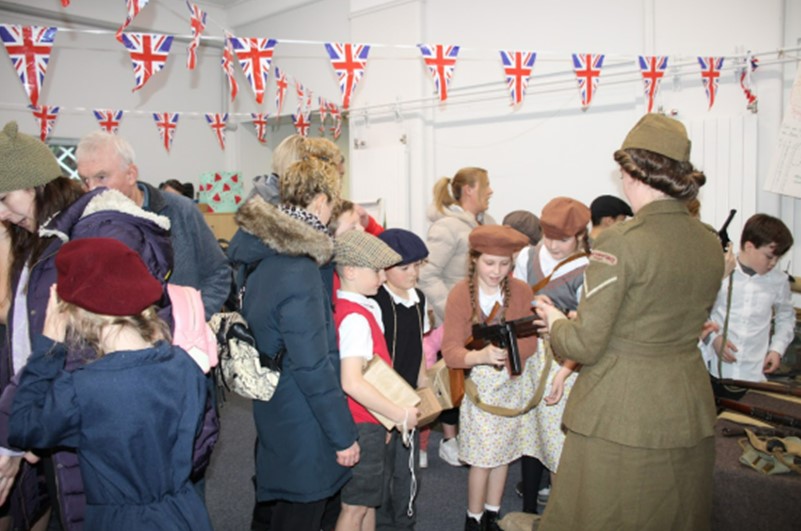
Lower Key stage 2: What have the Romans ever done for us?
Year 3 and Year 4 enjoyed a day living as Celts in the year 49AD. As members of the local Devon tribe, the Domnonii, we imagined what life would have been like 2000 years ago, before receiving word of an approaching threat; the 2nd Augusta legion of the Roman army was coming our way with 3500 trained soldiers! We looked at how our lives would change under Roman rule and what it would mean for our culture. Around the tribal fire we debated what we should do: Join them or fight.

